Top Class Actions’s website and social media posts use affiliate links. If you make a purchase using such links, we may receive a commission, but it will not result in any additional charges to you. Please review our Affiliate Link Disclosure for more information.
A class action lawsuit recently filed in California accuses Amazon of falsely marketing and selling defective and potentially dangerous lithium-ion 18650 batteries and products containing them.
According to the class action lawsuit, Amazon makes several false claims about the lithium-ion batteries and their safety features such as protective circuits and voltage cutoffs.
The plaintiffs say Amazon fails to inform consumers of the “overall defective, fraudulent, and dangerous nature of the batteries.”
Lithium-ion 18650 batteries are used in a variety of products, the class action lawsuit says, from laptops and cameras to children’s toys and e-cigarettes.
Amazon’s volume of sales and shipments of the lithium-ion batteries are “substantial,” the class action lawsuit says.
Amazon allegedly benefits from the sale of fraudulent batteries and induces consumers to purchase them at lower prices, while at the same time claiming the batteries have a higher capacity or safety features.
The Amazon lithium-ion batteries class action lawsuit says this practice violates several laws: the California False Advertising Law, the California Consumer Legal Remedies Act, California’s Unfair Competition Law and the Washington Consumer Protection Act.
The plaintiffs argue consumers would not have purchased the lithium-ion batteries from Amazon had the company not put out misleading and deceptive information about their quality, capacity or safety features.
According to the class action lawsuit, legitimate rechargeable batteries have safety mechanisms, such as automatic shutoff switches, that minimize the risk of malfunction, fire or explosion and maximize battery life.
Fraudulent rechargeable batteries, however, do not contain such safety measures, making them a potential danger to consumers and the public, the plaintiffs argue.
They say Amazon is aware of the potential safety hazard posed by the batteries, but ignores the risks, choosing instead to keep listing the items and to “deliberately select and use photos to attempt to obscure the fraudulent nature of the products it sells.”
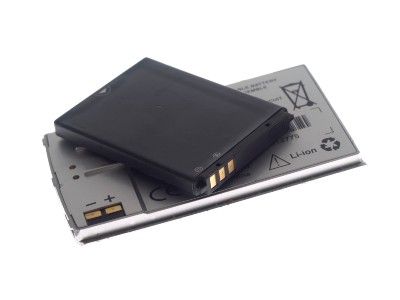
Fraudulent lithium-ion batteries have been known to pose a safety risk, with the potential to cause fires, explosions, injury or death.
The Federal Aviation Administration (FAA) has reported hundreds of incidents involving lithium-ion or unknown batteries in cargo or baggage have caused smoke, fire, excessive heat or explosions, the class action lawsuit says.
Plaintiff Craig Crosby says he bought four products from Amazon.com that contained dangerous lithium-ion batteries and determined the company had misrepresented the products’ safety characteristics.
According to Crosby, Amazon falsely represented that the batteries had “short-circuit and over current protection” and “short circuit, over charge and discharge protection.”
However, when Crosby conducted some tests, he discovered the batteries did not contain the advertised safety features.
One way in which the plaintiffs say Amazon is able to deceive consumers is through use of an Amazon Standard Identification Number (ASIN).
Each product on Amazon has a unique ASIN, the class action lawsuit says.
If a product or seller gets too many negative reviews, the product is removed from the site, the plaintiffs say. However, the identical product can be relisted with a new ASIN without any quality control measures being taken.
As a result, the plaintiffs argue, prior negative product reviews may disappear, meaning consumers looking at the newly listed product have no way of knowing the previously listed identical product garnered negative reviews.
The class action lawsuit also accuses Amazon of blocking or removing negative reviews.
While many lithium-ion-battery incidents go unreported, the U.S. Fire Administration has declared the batteries to be the “root cause” of at least 195 separate fires and explosions between 2009 and 2017, the complaint says.
Forty-nine recalls of high-energy-density batteries were issued from 2012 to 2017, according to Consumer Product Safety Commission data cited by the class action lawsuit. And in March 2018, Amazon recalled 260,000 of its own lithium-ion powered AmazonBasics Portable Power Banks after 53 reports of overheating, fire and property damage.
Attempts at taking action through arbitration, as required by Amazon’s Terms of Use Agreement, have been unsuccessful, according to the plaintiffs.
Plaintiffs Crosby and Christopher Johnson both say they’ve attempted to pursue arbitration, but have received no response from Amazon.
The plaintiffs demand a jury trial and ask the Court to declare that Amazon has violated the law; to award permanent injunctive relief against the company; to award reasonable attorneys fees and costs; and to provide any other relief deemed proper.
Do you suspect a product you purchased contains a fraudulent lithium-ion battery? Tell us about your experience in the comments.
The plaintiffs are represented by Niall P. McCarthy, Eric J. Buescher and Kelsey J. Moe of Cotchett, Pitre & McCarthy LLP.
The Amazon Lithium-Ion Batteries Class Action Lawsuit is Craig Crosby, et al. v. Amazon.com Inc., Case No. 2:20-cv-8003, in the U.S. District Court for the Central District of California.
Read About More Class Action Lawsuits & Class Action Settlements:
Appeals Court Says Amazon Is Liable For Seller’s Exploded Laptop Battery
Retailers Continue to Promote Questionable Antiviral Supplements on Amazon
Exxon and PBF Energy Reach $4.4M California Wage and Hour Settlement

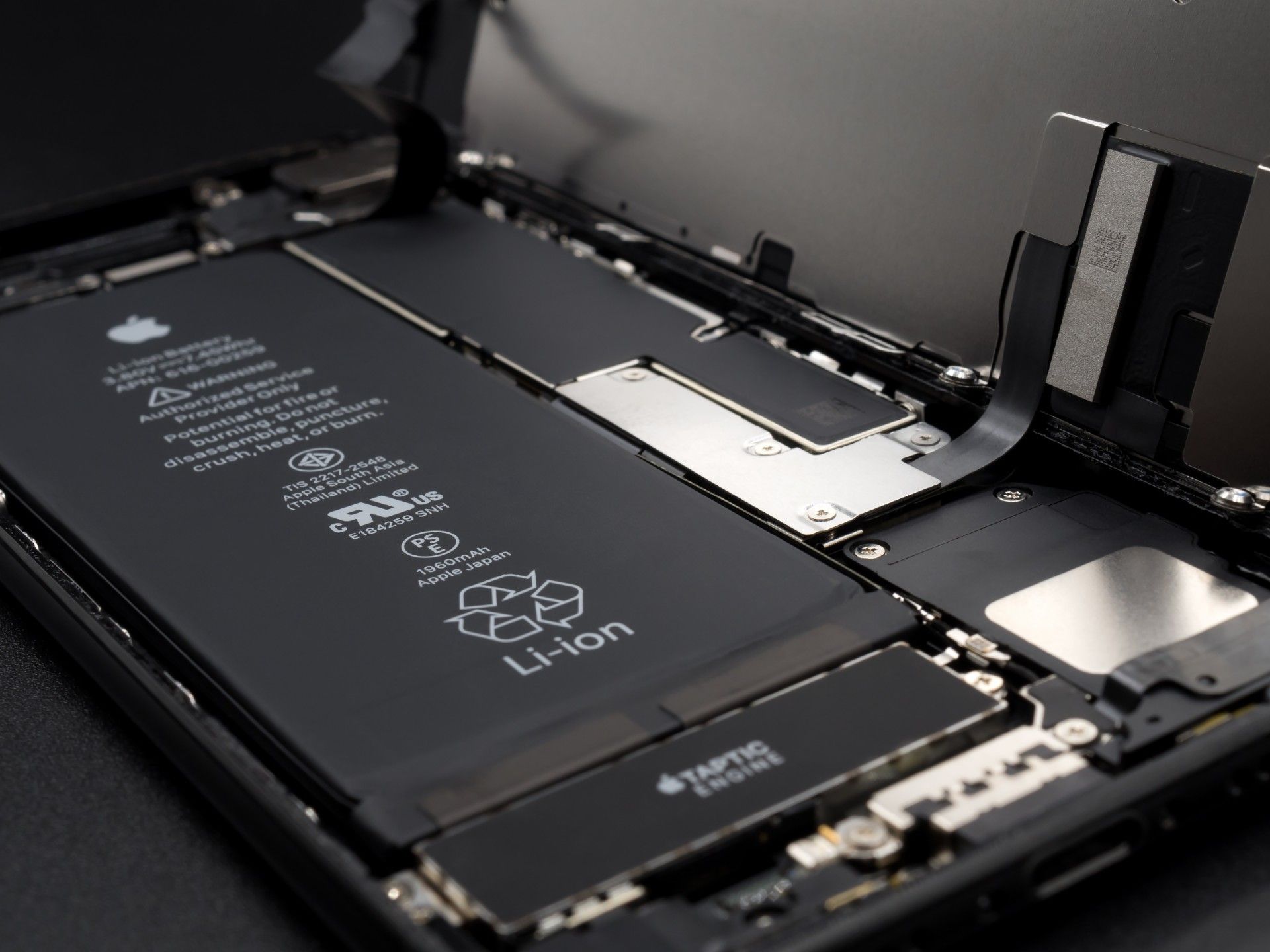





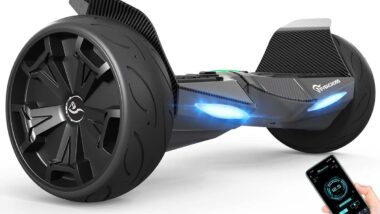

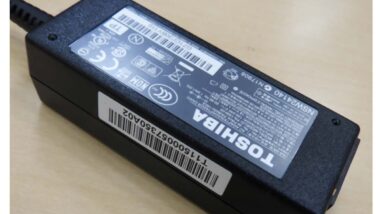




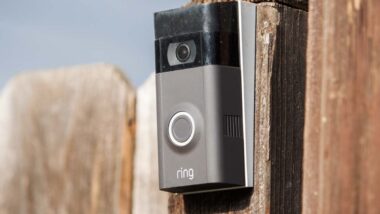

28 thoughts onAmazon Class Action Lawsuit Says Retailer Sells Dangerous Lithium-ion Batteries
Please add me.
Add me, please.
I purchased a rechargeable battery charger for my security cameras for front and back of my home I as setting on porch and seen heard a strange noise and smell that made me look. and got up to investigate only to discover a full fire small but a fire.
add me
add me
Please add me
Add me
I have purchased multiple lithium batteries from Amazon. Please add me
Add me please
I purchased SEVERAL lithium batteries from Amazon….primarily for cell phones.
2 TIMES THE BATTERY DRAINED COMPLETELY AND WOULD NOT ALLOW A RESTART.(2 different phones!)…
First time, a newly purchased item from Amazon allowed restart. Battery constantly hot..no matter what steps I tried.
Second battery on other phone drained from 15^ warning to DEAD while I read an email! THEN LOCKED UP AND I LOST MY CONTACTS AND PHOTOS (DIDN’T GO TO CLOUD AS SET?!).
I PURCHASED AMAZON PRIME in order to get a 3rd battery for a DIFFERENT PHONE! AS if roams? When go to another state and battery goes OUT..HAD to have ANOTHER NEW BATTERY TO GO HOME!
Finally wiser. No more Amazon lithium batteries.
My Samsung 7 requires in house changer!!